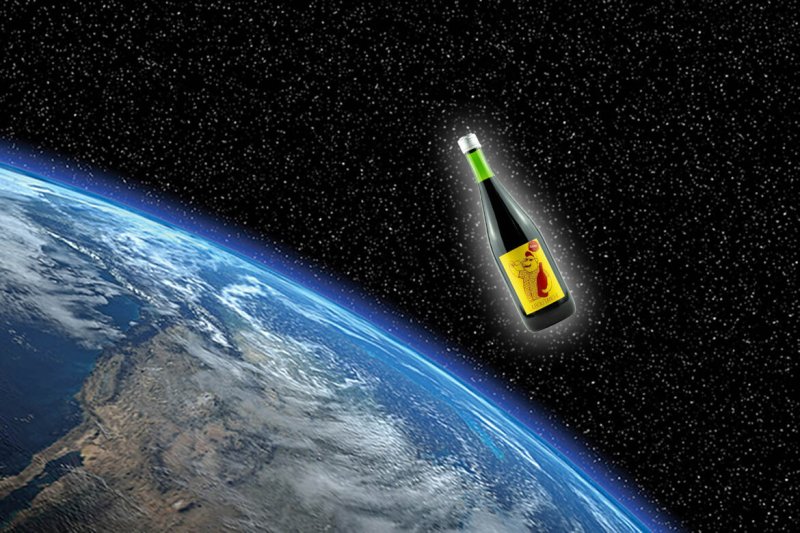Researchers in France are studying a dozen bottles of French wine and hundreds of snippets of grapevines that returned to Earth after spending a year in space.
The Chateau Petrus Pomerol wine was sent to the International Space Station in November 2019 aboard a Northrop Grumman supply ship. SpaceX launched the 320 merlot and cabernet sauvignon vine snippets in March last year.
The experiment is aimed at making plants on Earth more resilient to climate change, and understanding the ageing process and fermentation in wine. Agricultural products, like grapes, will have to adapt better to harsher conditions because of climate change, [Nicolas Gaume, CEO and co-founder of Space Cargo Unlimited] said. The theory behind the mission is that the plants sent will find a natural evolution to “gain a better resilience to lesser stresses than the absence of gravity — and the stress related to climate change,” Mr Gaume said.































